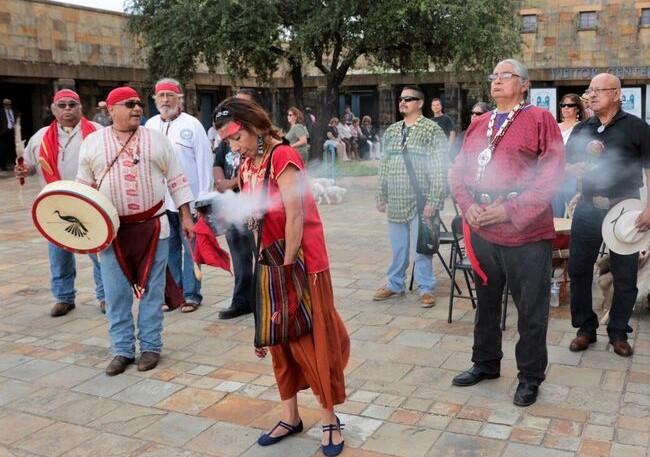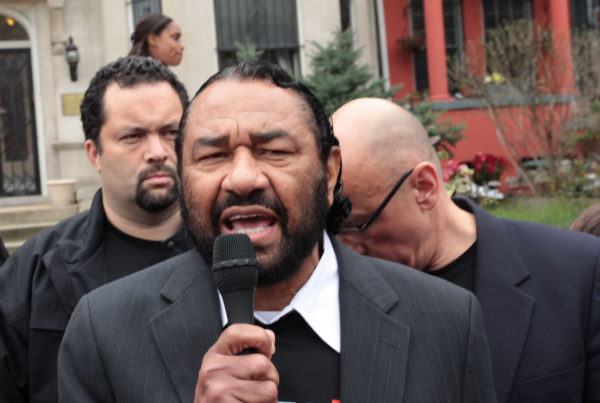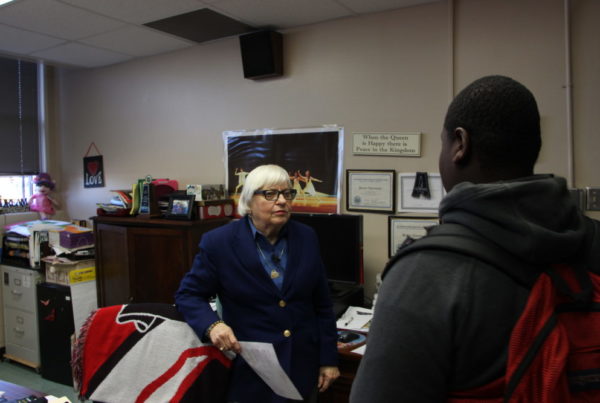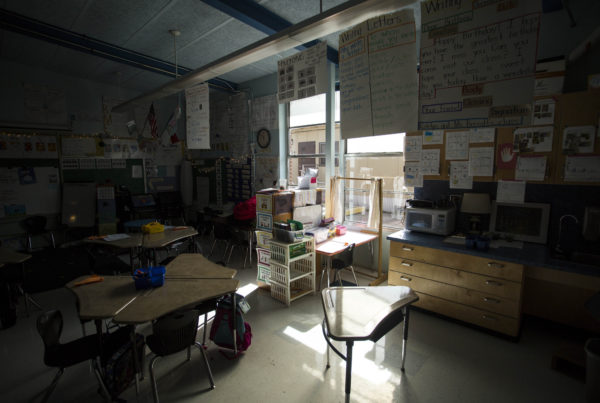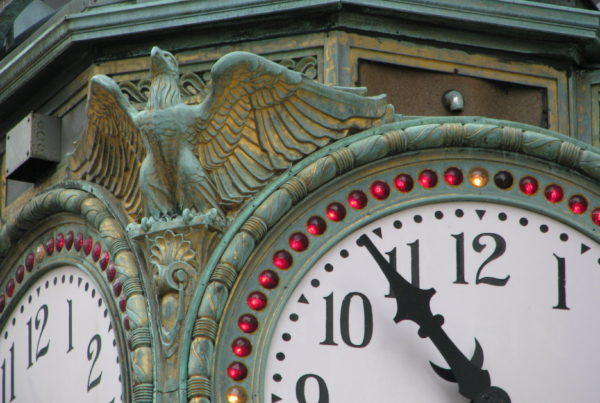From Texas Public Radio:
The State Department announced Thursday that the U.S. will withdraw from UNESCO, the United Nations Education, Scientific and Cultural Organization.
The U.S. said the move reflects concerns over what it sees is an anti–Israel bias at the international organization. San Antonio’s five missions received UNESCO’s World Heritage Designation just over two years ago. Will the withdrawal have any effect on the designation?
The UNESCO World Heritage Designation is no small honor. It signifies that sites selected are “of outstanding importance, either cultural or natural, to the common heritage of humankind.”
There are only 23 such sites in the entire United States. The nomination process is arduous, which San Antonian Paul Ringenbach knows well. He was the lead writer for the nomination.
Ringenbach said the U.S. relationship with UNESCO has been troubled for decades, with political questions and funding at the heart of the conflicts.
“In 1984, Ronald Reagan withdrew from UNESCO, but he continued to pay the dues. And we re-joined again in October of 2003. So even though we were technically not in UNESCO, we still had six new sites included in that time including Monticello and Taos and Carlsbad Caverns,” he explained.
So the list of American World Heritage sites continued to grow through those years, as did the tension.
“We stopped paying dues in 2011 when Palestine was admitted into UNESCO by a near-unanimous vote, and that kicked in a law that had been passed in the United States in the 1990s saying that if the United Nations or any part of the United Nations recognized Palestine that we would no longer pay the dues that went along with that organization,” Ringenbach said.
Nonetheless, the U.S. was allowed to continue submitting for World Heritage designations, and Louisiana’s Poverty Point site was accepted in 2014. Back in San Antonio the next year, Ringenbach and several other San Antonians submitted an 340-page nomination for the Missions.
“We worked on it from 2006 ’til 2014, and then we had to answer questions and things between that and the vote in July of 2015,” he said.
The city’s nearly 9-year process was celebrated on July 4, 2015 when UNESCO’s governing body voted in Bonn, Germany to convey World Heritage Designation to the San Antonio missions. Father David Garcia spoke to hundreds of people gathered in front of the most famous Mission, the Alamo, as they thanked dignitaries on their return.
“These missions are a gift from God,” Garcia said. “And the way you deal with a gift is you receive it with gratitude. And gratitude means we care for it.”
The city breathed a collective sigh of relief at the designation, assured that increased tourism would help to continue to fund site maintenance and rejuvenate economies in the Mission Reach area. Thursday’s State Department announcement surprised and clearly disappointed Mayor Ron Nirenberg.
“An isolationist approach in this day and age doesn’t make a lot of sense on any measure. It’s unhealthy to our economy and certainly not productive for diplomacy. I hope we can move past that, and get to a place where we re-engage our global community,” he said.
City Councilwoman Rebecca Viagran represents District 3, where four of the five missions sit.
“We will continue to do our due diligence no matter what the federal government does. We have a responsibility to our place in the world,” she said.
The big question is whether leaving UNESCO will threaten San Antonio’s World Heritage Designation. The process is called de-listing, and Ringenbach explains it’s only happened twice.
“One was in Oman where they de-listed an Arabian Oryx sanctuary because all the animals were gone. They had been killed off by poachers. The other one was the Dresden Elbe Valley in 2009. What they did was to decide to put a major highway through the center of the valley,” he said.
The reason both were de-listed is because what had made them “of outstanding importance, either cultural or natural” had been forever changed. In other words, de-listing is never for political reasons.
“It will not threaten our World Heritage designation. That’s already been approved, and cast in concrete, if you will,” Ringenbach said.
For those involved, conflicts on the political world stage won’t threaten the state’s only World Heritage site.


